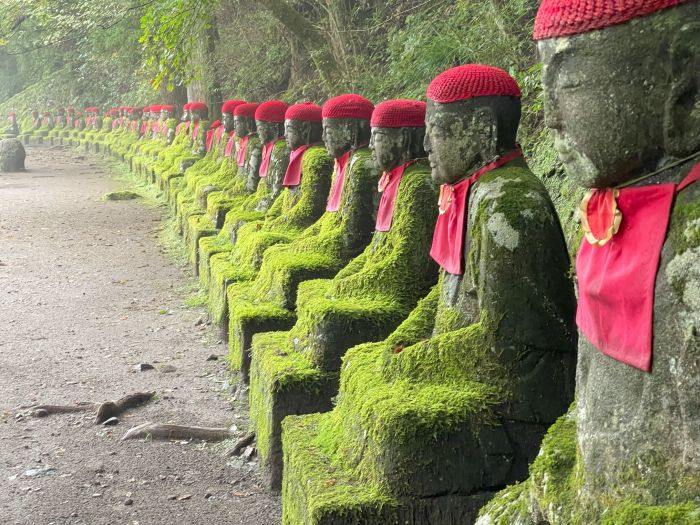All Images credit Visit Tochigi
Japan is a fascinating destination with so much to offer the intrepid traveler. Beyond its popular and well-trodden destinations such as Tokyo, Kyoto, and Osaka, lies a rich county with many other equally exciting destinations to discover. A short train ride away from Tokyo lies the Tochigi Prefecture, a region rich in natural beauty with pristine lakes, gushing waterfalls, and rejuvenating hot springs. This lesser-known region is an ideal destination for travelers seeking to explore its abundant nature, enriching cultural experiences, and rejuvenating wellness experiences.
Tochigi Prefecture
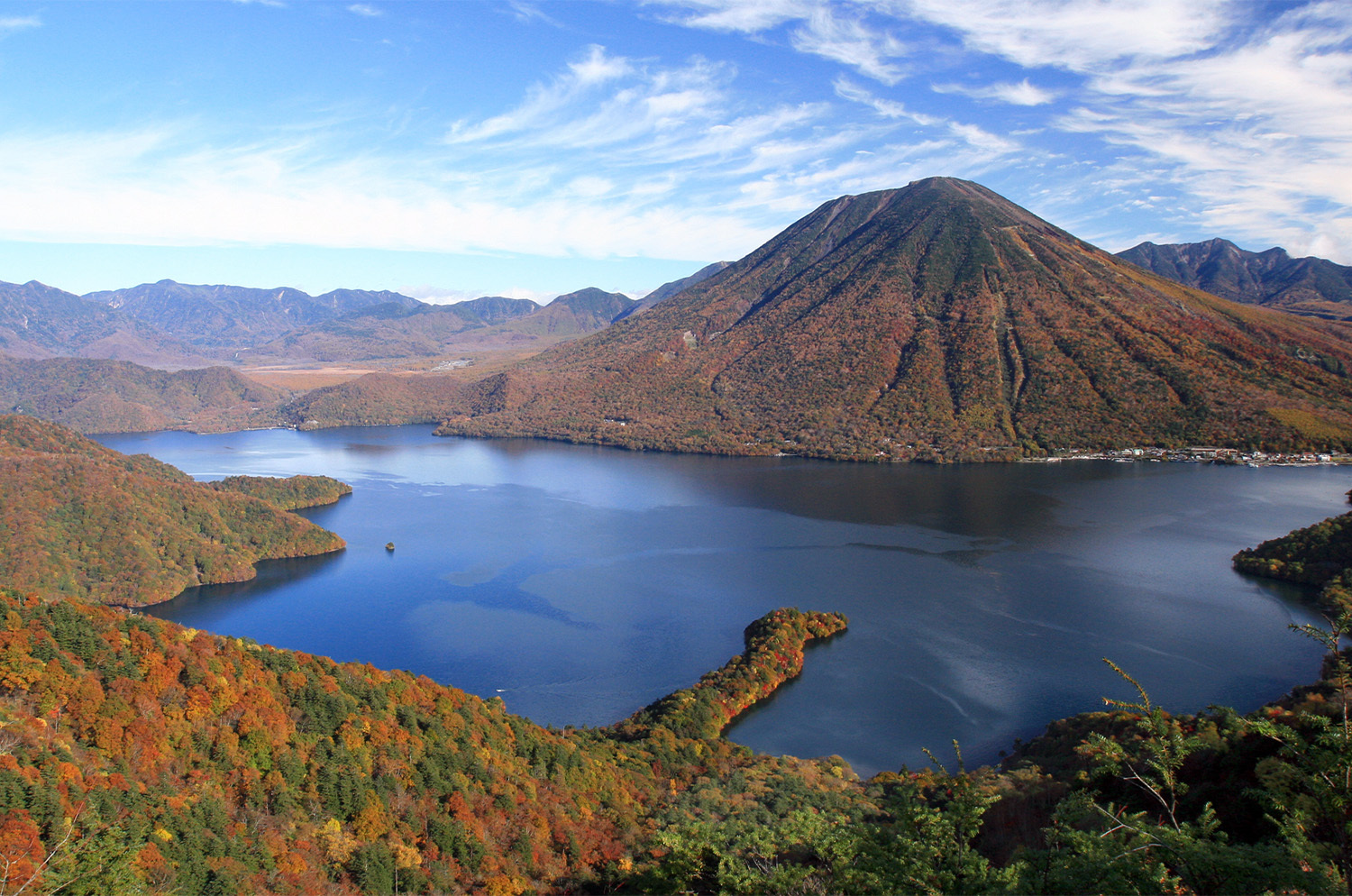
In Japan, there are 47 prefectures, which is similar to a state or province. The Tochigi Prefecture is known for its rich history and natural beauty with plenty of hot spring resorts and UNESCO World Heritage Shrines to explore. Nature enthusiasts will love its picturesque hiking trails, lush forests, and scenic landscapes as well as thrilling outdoor activities. This region, although close to Tokyo, allows visitors to experience the charm of rural Japan. An itinerary that visits Tochigi’s Nikko, Oku-Nikko, and Utsunomiya areas makes an ideal holiday to explore this dynamic region.
Central Nikko, located in the north-western part of Tochigi Prefecture, is the gateway to the Oku-Nikko Mountain range. There, the rain-soaked mountains not only create stunning landscapes but also form an underground water vein and a source for the hot springs and flourishing agriculture located downstream.
A good option that allows guests to travel to this region in luxury is the brand-new SPACIA X train on the Tobu-Nikko Line from Tokyo. The limited express train offers plush interiors, sofa seats and lounge-type seats, along with panoramic views along the way. The journey also includes collaborations with local businesses that bring a taste of the region’s flavors on board. This train journey is not just a means of transportation; it’s an integral part of the immersive experience to be had in the region.
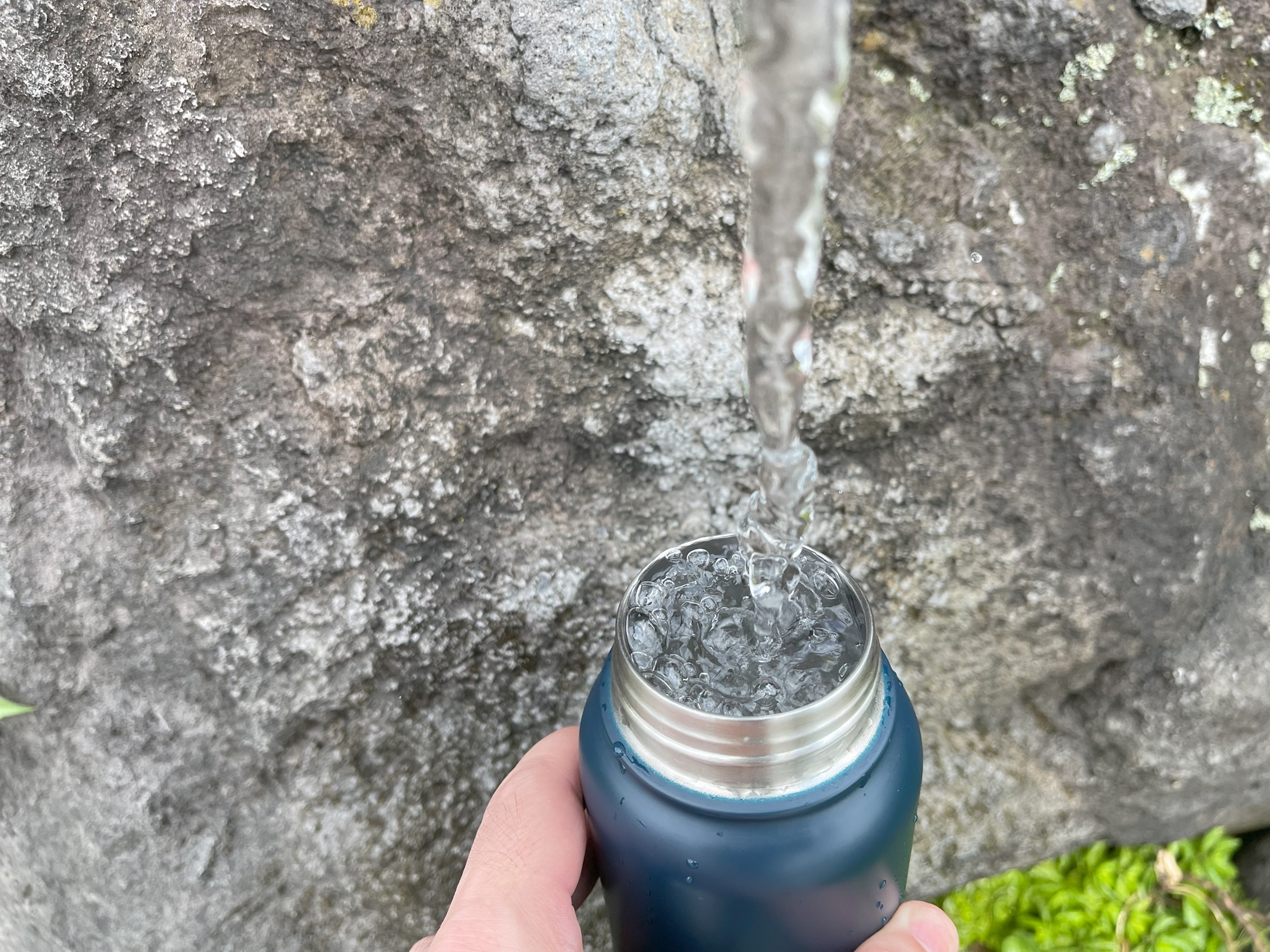
Upon arrival at Tobu-Nikko Station in central Nikko, visitors will not want to miss the opportunity to fill their water bottle with the region’s reputedly best water. This pure source, flowing from the Oku-Nikko mountains, sets the stage for the exploration of the area’s water-themed treasures.
Central Nikko
Central Nikko is renowned for its natural beauty as well as its rich culture and historical landmarks. Visitors will discover a treasure trove of architectural marvels, spiritual wonders, and serene landscapes. Central Nikko is a window into Japan’s rich heritage and a place where tradition and nature come together.
Central Nikko: A Cultural and Natural Oasis
Central Nikko area offers several UNESCO World Heritage sites found in its iconic temples and shrines. The Nikko-Toshogu Shrine, Futarasan-Jinja Shrine, and Rinnoji Temple offer unique encounters with the region’s pristine water sources. The vermillion-lacquered Shinkyo Bridge, renowned for its stunning beauty, stands as one of the most popular photo spots in the area.
The Futarasan-jinja Shrine is also known for its ‘miracle-working’ spring, Futara Reisen, which is believed to have age-defying and intelligence-boosting properties as well as a good water source to make excellent sake. Local sake breweries use this sacred water to craft exceptional sake as well. The shrine also gives visitors an opportunity to, again, refill their water bottles.
Also in central Nikko you’ll find the Nikko-Toshogu Shrine. This shrine served as the grave for Tokugawa Ieyasu, the founder of the Tokugawa Shogunate, and the craftsmanship dedicated to his memory is nothing short of exquisite.
What distinguishes the Nikko Toshogu Shrine from the ordinary is not just its spiritual importance but also its opulent and intricate design with vibrant colors, and meticulously carved wooden structures, where visitors can admire the shrine’s 55 colorful buildings.
Among these are its beautiful 400-year-old golden gate covered with gold leaf, the ‘Sleeping Cat,’ which is considered a symbol of peace because of the coexistence of a sparrow and its natural enemy, a cat; and the ‘Three Monkeys,’ which embody the educational precept of ‘see no evil, hear no evil, speak no evil’.
After exploring the shrines, visitors will want to stroll to the Kanmangafuchi Abyss by the Daiya river, adorned with Jizo statues. Jizo statues as small stone statues in the form of children or depictions of Buddha. They represent a deity who is the guardian of children and travelers.
Culinary Delights: Takaiya Restaurant and the Blessing of Yuba
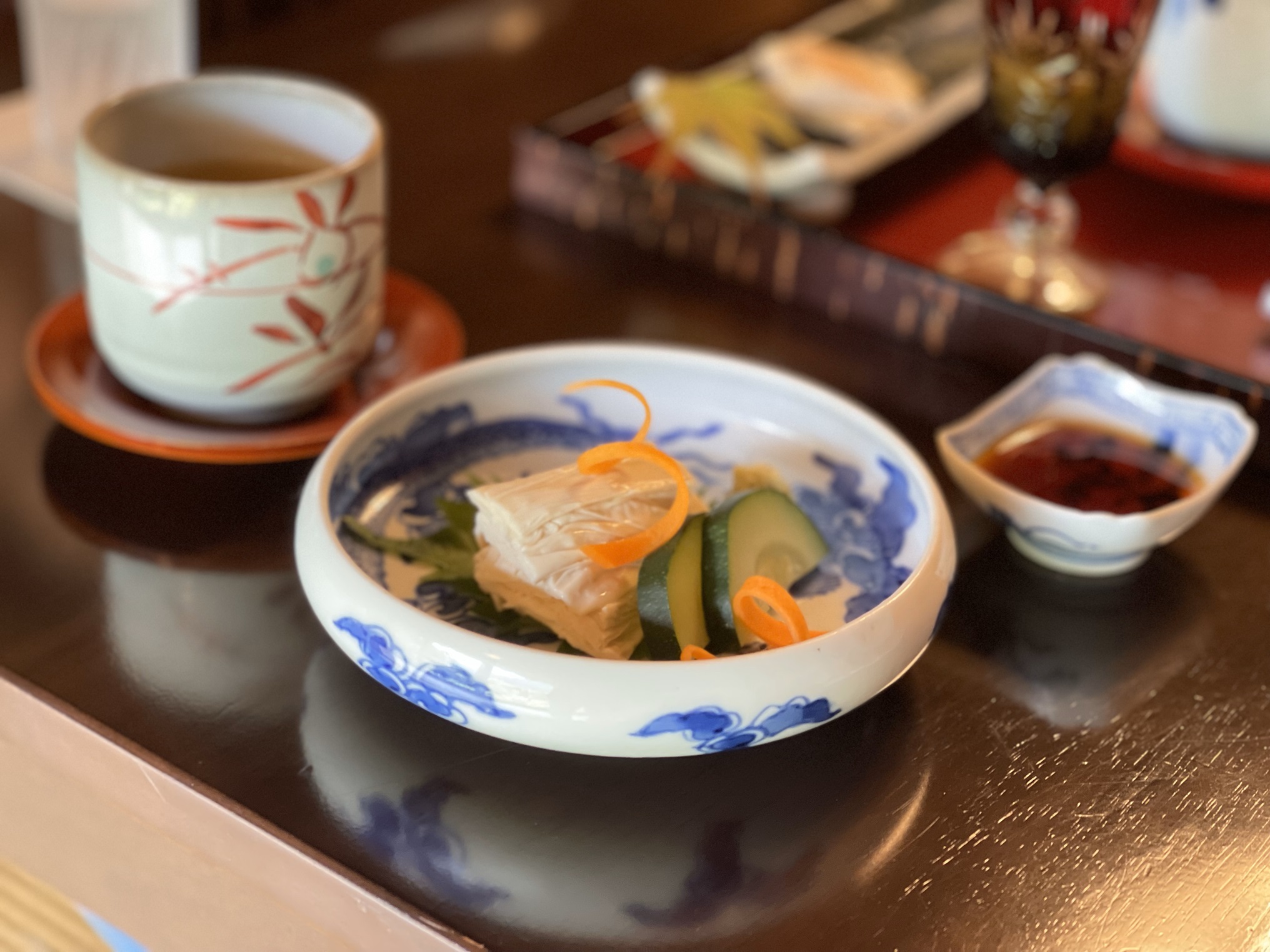
Nikko is renowned for Yuba which is a dish made with tofu skin and is rich in protein and iron. Originally part of a vegetarian diet for monks, it has since been recognized as a nutritional powerhouse. One of the best places to savor this delicacy is Takaiya Restaurant which has been in operation since 1805. The Takaiya restaurant is located amidst the pure, clean waters of the Nikko mountains and makes the perfect lunch stop, offering not just a meal but a culinary journey through tradition and flavor.
Where to Stay in Central Nikko
As you venture into Nikko’s cultural ambiance, consider these accommodations seamlessly blending with nature:
Just a ten-minute walk from the Nikko Toshogu Shrine is Nikko Senhime Monogatari. This accommodation offers traditional tatami floors and futon bedding for an authentic Japanese feel, as well as a few rooms with beds for guests who prefer Western-style bedding. With both indoor and outdoor public hot springs, Nikko Senhime Monogatari ensures relaxation in Nikko’s cultural ambiance. Also close to Nikko Toshogu Shrine is the oldest existing Western-style hotel in Japan, Nikko Kanaya Hotel which is steeped in rich history and tradition. It features luxurious Western furniture seamlessly blending with Japanese architecture, offering a unique and historical stay.
Oku-Nikko
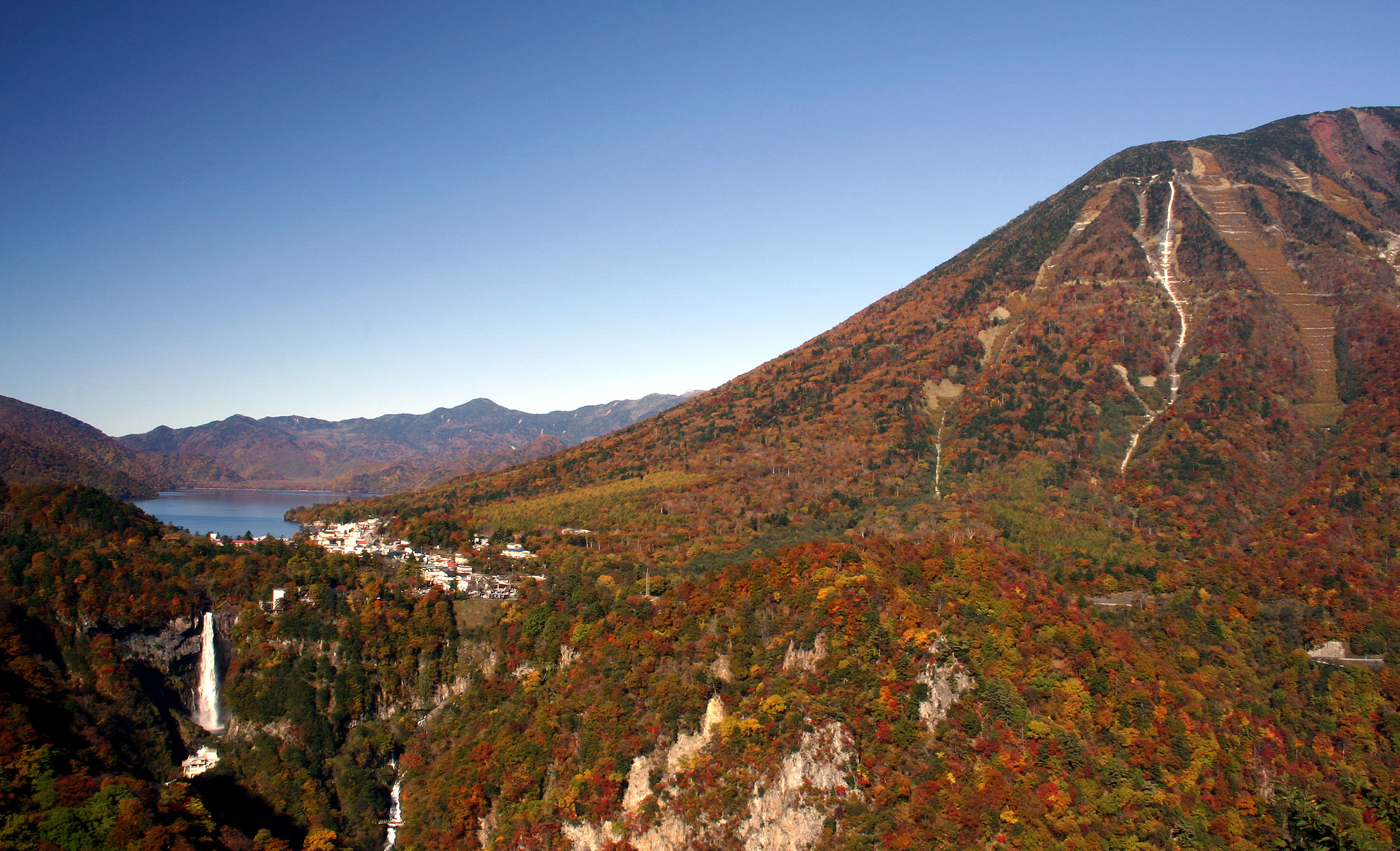
Exploring beyond central Nikko leads to Oku-Nikko via the Irohazaka road. The journey is a memorable one through the steep winding road with 48 hairpin turns as well as plenty of lookouts over the beautiful countryside. Along the journey, travelers will want to visit Akechidaira for a ropeway ride offering panoramic views of Lake Chuzenji, Kegon Falls, and Mount Nantai.
The road leads to Oku-Nikko, an area known for its unspoiled wilderness, ancient forests, pristine lakes, and impressive waterfalls. The gorgeous Lake Chuzenji is one of Japan’s highest natural lakes and offers exceptional hiking trails as well as historical buildings to explore. In addition to the lake, Kegon Falls stands as one of Japan’s most awe-inspiring natural wonders and at the height of 318 feet (97meters) is one of Japan’s top three most famous waterfalls.
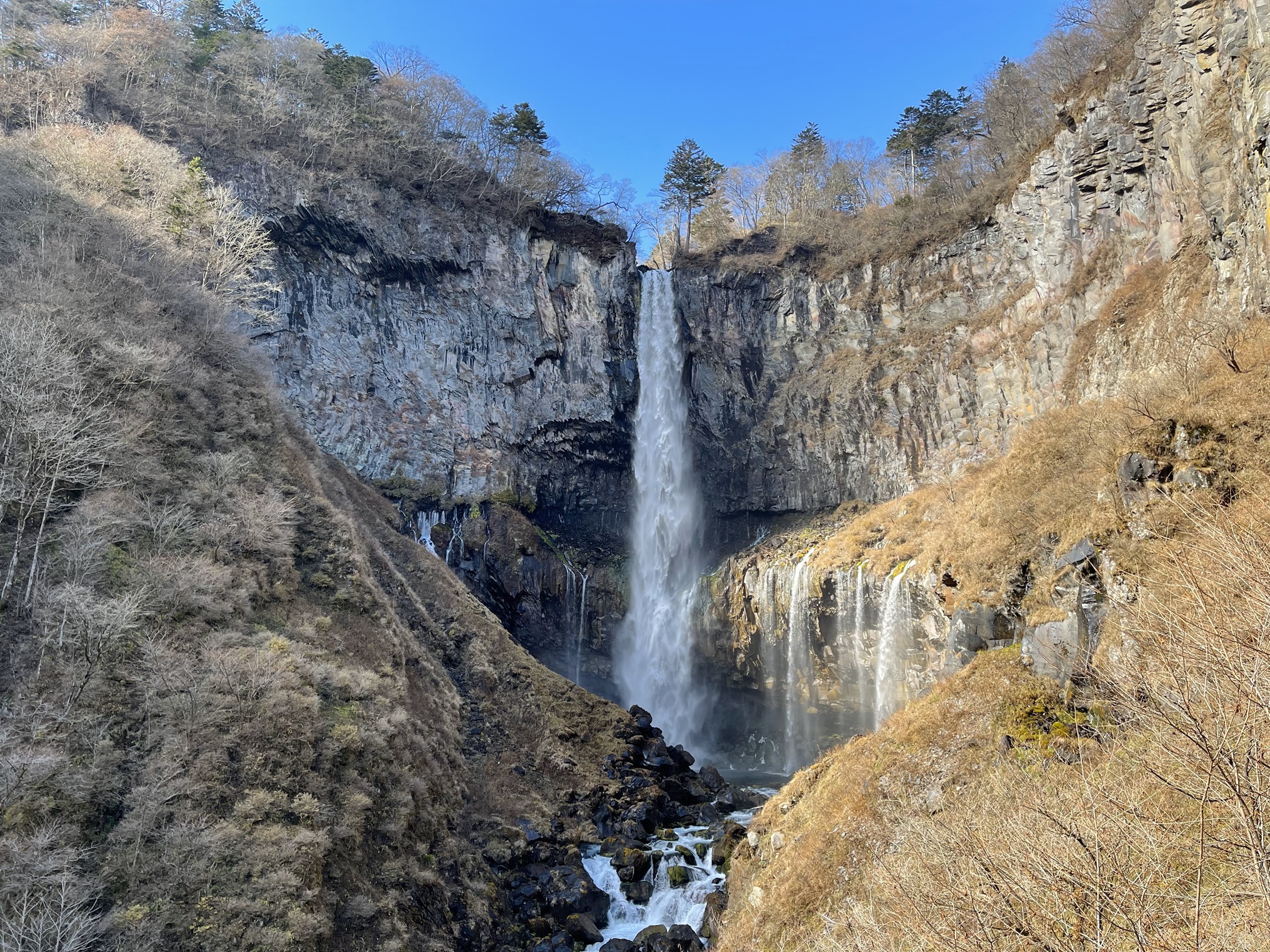
Oku-Nikko isn’t just a picturesque landscape; it serves as a water source adding vitality and fertility throughout the Tochigi prefecture. The rainfall from the mountains forms an intricate network of underground water veins, flowing downstream to nurture hot springs and sustain local agriculture. The quality of this water, enriched by the lush landscapes, is the source for the abundant and fertile characteristics of the region.
Nature’s Oasis: Exploring the Abundance of Oku-Nikko
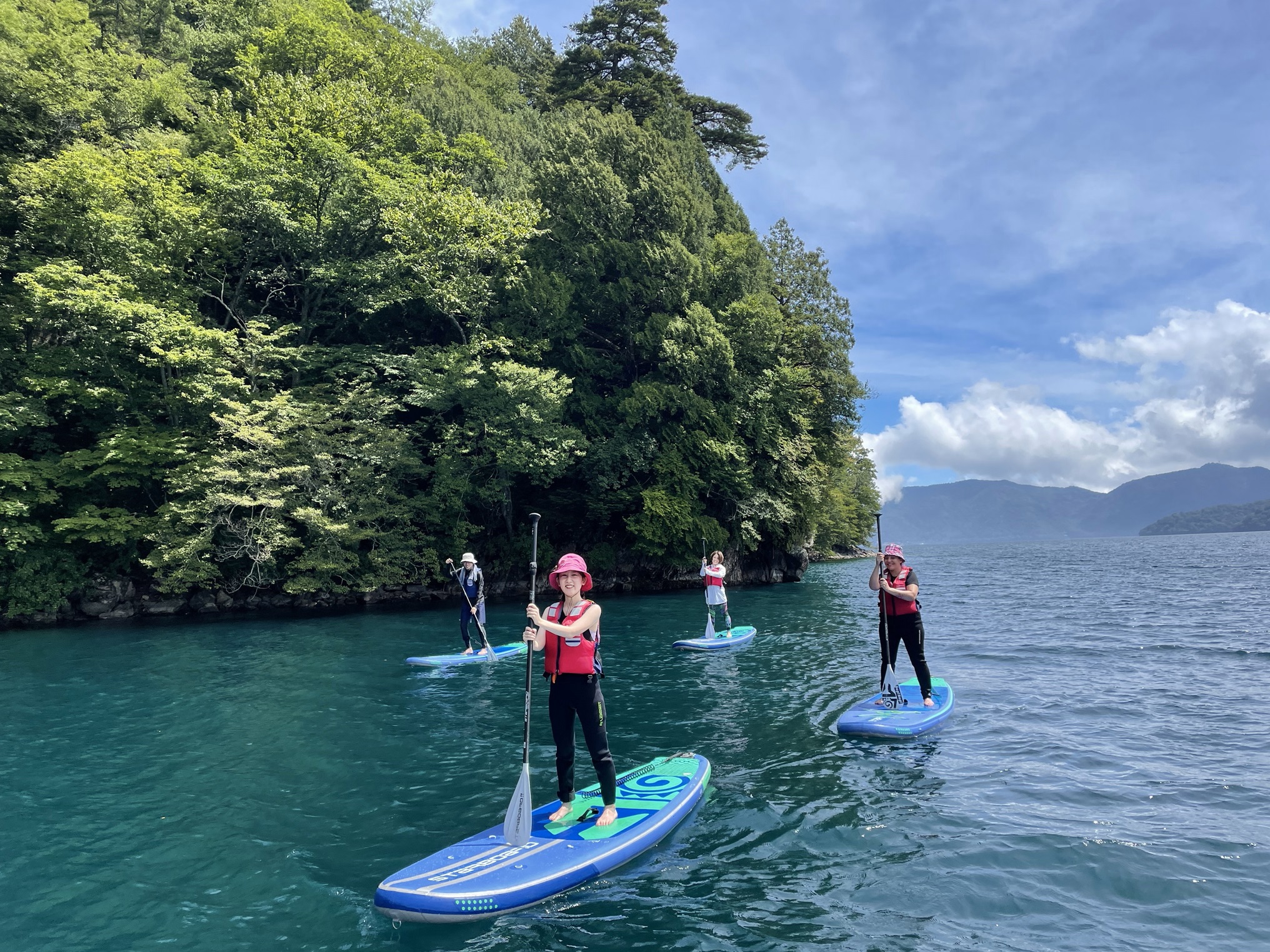
Active travelers will love the endless options to enjoy the region. A great way to explore Lake Chuzenji is by Stand-up paddleboarding with Sup! Sup! Nikko. The adventure offers a unique perspective of the surroundings as well as delivers a healthy workout. Visitors can also enjoy the lake by taking a sightseeing cruise or hiring a rowboat to soak in the breathtaking views of the landscape. Yet, it is during the autumn that Chuzenji becomes a truly enchanting sight. The surrounding maple trees erupt into vibrant hues of red and gold, creating a vivid reflection on the placid waters. It is nothing sort of a picture of pure natural artistry.
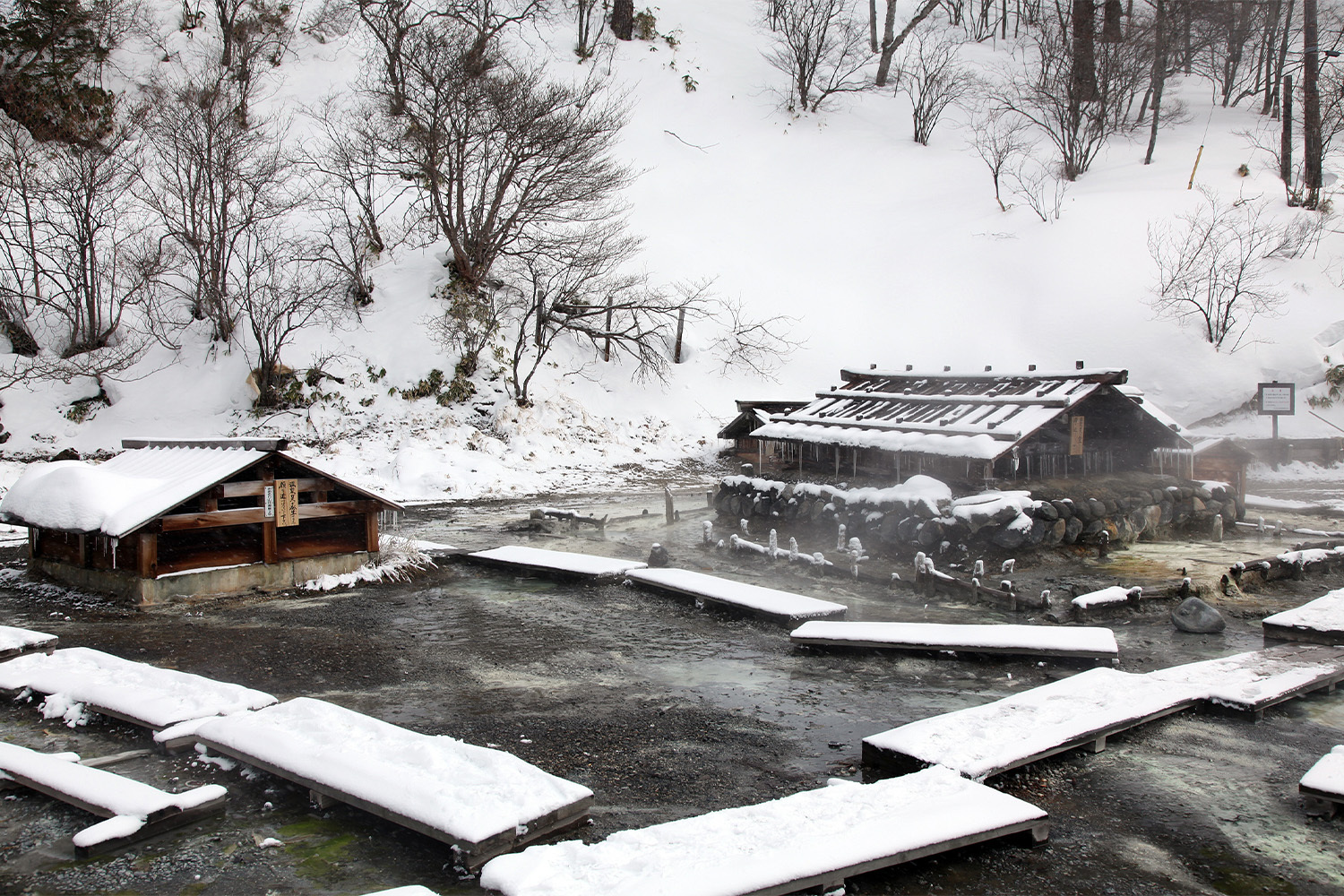
Oku-Nikko is not just about lakes and waterfalls; there are many experiences to explore including Oku-Nikko Yumoto Onsen (hot springs) and the expansive marshlands of Senjogahara which were designated of national importance under the Ramsar Convention. The environmental significance of Oku-Nikko was further underscored when it was chosen to host the G7 Ministerial Meeting on Gender Equality and Women’s Empowerment in 2023.
Where to Stay in Oku-Nikko
In terms of where to stay, The Ritz-Carlton, Nikko is located at Lake Chuzenji. This luxury retreat offers panoramic views of Mount Nantai. Indoors guests will experience minimalistic Japanese design, traditional engawas, and The Ritz-Carlton onsen make for an unparalleled wellness experience. The Chuzenji Kanaya Hotel is another good option as well. Guests will experience a log cabin-themed Western-style hotel also near Lake Chuzenji. The cozy retreat features a fireplace lounge and hot-spring bath, providing a perfect blend of comfort and nature.
This concludes part one of our visit to Japan’s Tochigi prefecture. Part two explores sake brewing which takes advantage of the rich water nurtured by the mountains of Oku-Nikko, as well as Utsunomiya’s exquisite dining, cultural experience and more.
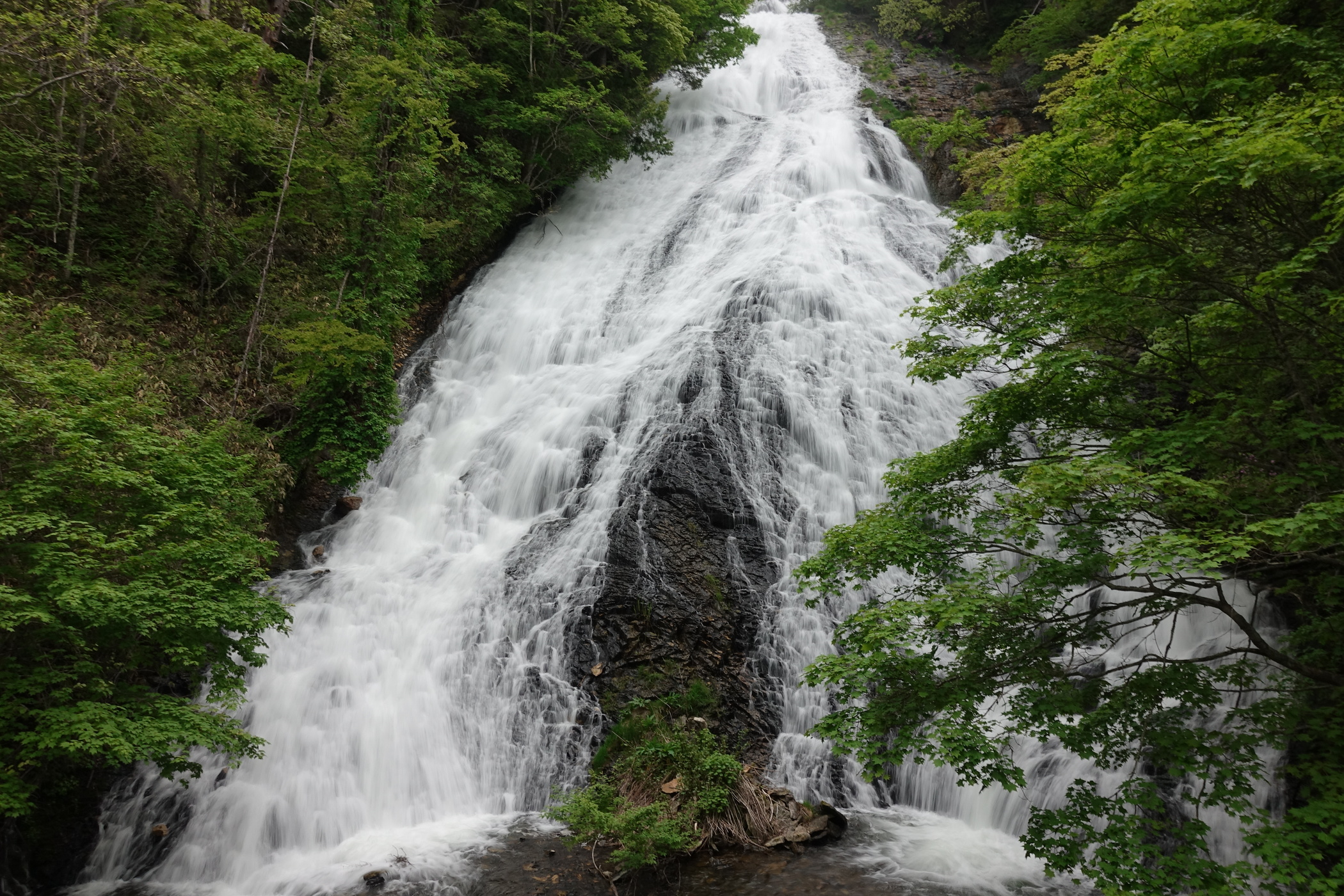
For more information to plan your trip to Tochigi Prefecture:
Ideas to help your travel to Tochigi and nearby areas from Tokyo.
